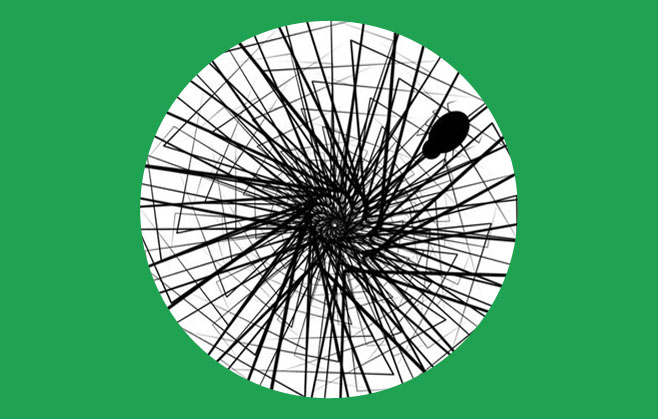
Graph Search: Facebook’s most powerful tool yet?
The whole team here at The Practice couldn’t help but chuckle after hearing Mark Zuckerberg describe one of Facebook’s most radical changes as “just some really neat stuff.”
The change in question? That’ll be Facebook’s latest and groundbreaking new search feature which allows users to find other people and explore interests, places and photos already on Facebook; essentially, it enables you to search for information that has already been shared on Open Graph. The Graph Search tool is set to complete the “top three” triad of Facebook features that also include Timeline and News Feed. According to Zuckerberg it’s in line to become Facebook’s “third pillar”, completely transforming how people use the social networking site.
For users, it will hopefully mean ease, efficiency, and precision. We don’t know if we’d ever need to conduct a search for say, “people in pictures of the Eiffel Tower”, or find Chinese restaurants in London that our friends have “liked”, but it’s evident that Facebook is drawing upon the way its users think, and outlining the future of connectivity.
But what about privacy concerns? We already witnessed a steady stream of backlash in 2006 when Facebook launched Newsfeed; a group of 750,000 users came together to protest against what they deemed to be data violation. At this time, conducting Facebook searches was pretty unyielding, ensuring a relative amount of privacy. Newsfeed suddenly displayed information publically which came as a shock to many users, although it wasn’t long before it became a welcome and familiar part of the Facebook experience. Round two, with the launch of Timeline, saw more resentment, particularly due to the fact that older posts and pictures were displayed more readily- not helpful for keeping past relationship information and other personal details safely in the depths of history.
Now, Graph Search promises to tap into the “stalker” psychology of many a Facebook user, prompting many to feel uneasy about the new tool. At this point, it’s unclear as to whether users will be able to opt-out of content sharing, but we highly doubt this. Zuckerberg already urged users to consider who can see their shared information, but has tried to assuage fears. “The search we wanted to build is privacy-aware,” he reassured. “On Facebook, most of the things people share with you isn’t public.” And of course, the way to get around this is simple enough; remove any likes or information from your profile you don’t want to be seen by others.
If analyst predictions are accurate, Graph Search is set to cause major division and friction within the business and marketing worlds. While Graph Search isn’t like a web search, Facebook predicts its growth in the coming years could eventually fill the need for sites such as Linked-in, online dating sites, Yelp, and even rival, Google, by capturing their search market and steal share. We don’t see an immediate threat yet, but who knows how reliant the ever-growing Facebook population could start becoming on Graph Search?
For online platforms, Facebook’s monopolization could be worrying, yet concurrently, this also means that any revenue from advertising is likely to skyrocket. Analysts predict that searching for interest and data matches through the site will be much more powerful than simple keyword searches, enabling advertisers to target their customer demographic very easily. And of course Facebook is set to monetize enormously from leveraging a host of advertisers who can hope to benefit from more than the current “display” ads run on the site. But it’s early days: for now, we see Facebook’s primary focus being on Graph Search and the user experience, with monetization to follow once the groundwork is in place.
Are you looking forward to the launch of Facebook’s new Graph Search? Do you feel it will be an enjoyable way to connect with others who share similar interests, or are you concerned by the potential lack of privacy? Please tweet your thoughts and comments to @PracticeDigital and leave them via our Facebook page.




